At a joint press conference with the Bosnian Serb Republic President Milorad Dodik, Szijjarto stressed that Europe is currently facing a serious security crisis, with a wartime emergency lasting for over three and a half years. “The last thing we need right now is another crisis in the Western Balkans,” he said.
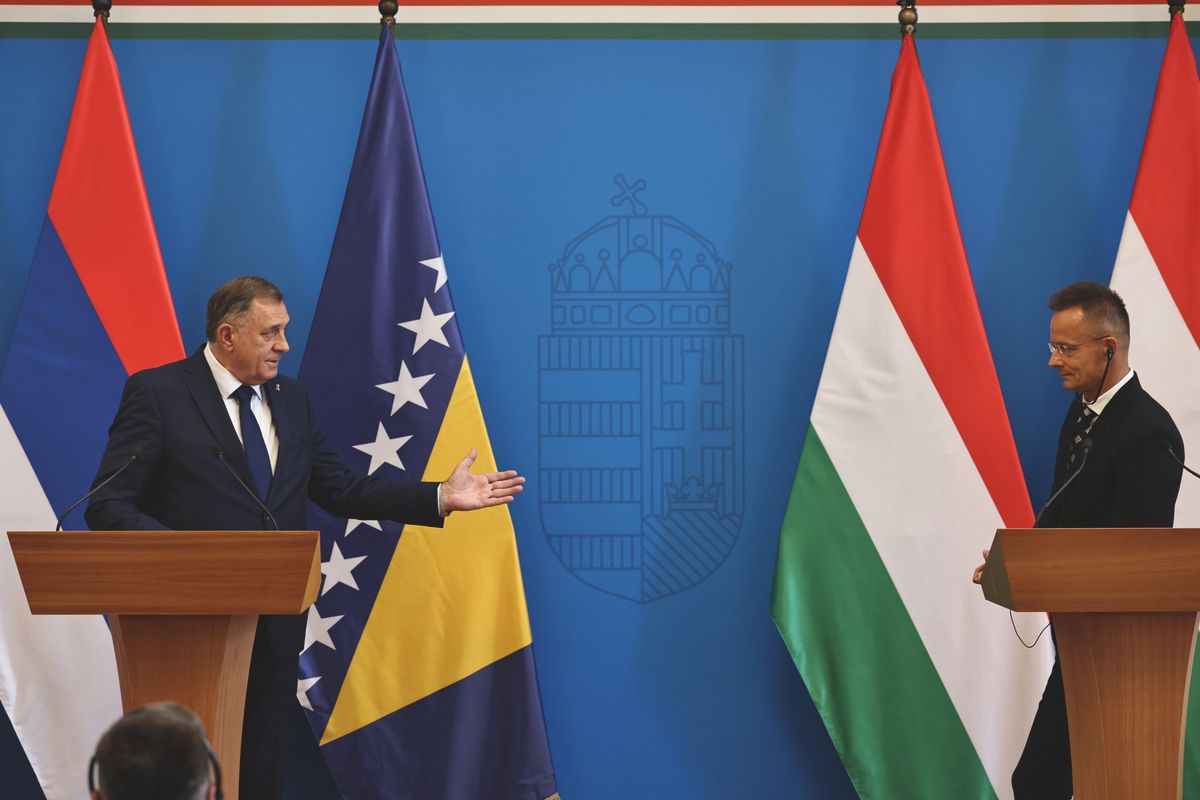
As a neighboring country of the Western Balkans, Hungary attaches key importance to the region’s peace, stability, and security. We pursue a responsible neighborhood policy, and we try to contribute with our own means to ensuring that peace, calm and stability prevail in the Western Balkans,
Szijjarto said. He underlined that this is why Hungary supports EU integration of Balkan states, implements economic development programs, and provides scholarships. However, he warned that many Western European politicians—who advocate prolonging the war in Ukraine—are applying the same flawed approach to the Western Balkans. “This is extremely dangerous,” he said.
The Hungarian politician condemned the use of “condescension, lecturing, threats, and sanctions” by Western politicians against certain Balkan nations and their leaders. "This should have no place in international politics," he stated.
In contrast, Hungary respects the sovereignty of Balkan states and their democratically legitimized leaders, including Milorad Dodik.
He argued that truly sovereign policies must be free from external pressure. “Decades of history have shown that outside interference in the Balkans has always led to instability, dangerous situations and conflict,” he said.
We believe that only nations themselves can decide their own fate. The deliberate disregard of certain peoples and their leaders is unacceptable and dangerous in international politics,
Szijjarto added. He called it a troubling trend that patriotic and sovereigntist leaders are increasingly targeted with ruthless methods, especially in Europe. As examples, he cited the assassination attempt on Slovakia’s prime minister, the recent assault on a patriotic leader in the Czech Republic, and the months-long protests in Serbia aimed at destabilizing the government.
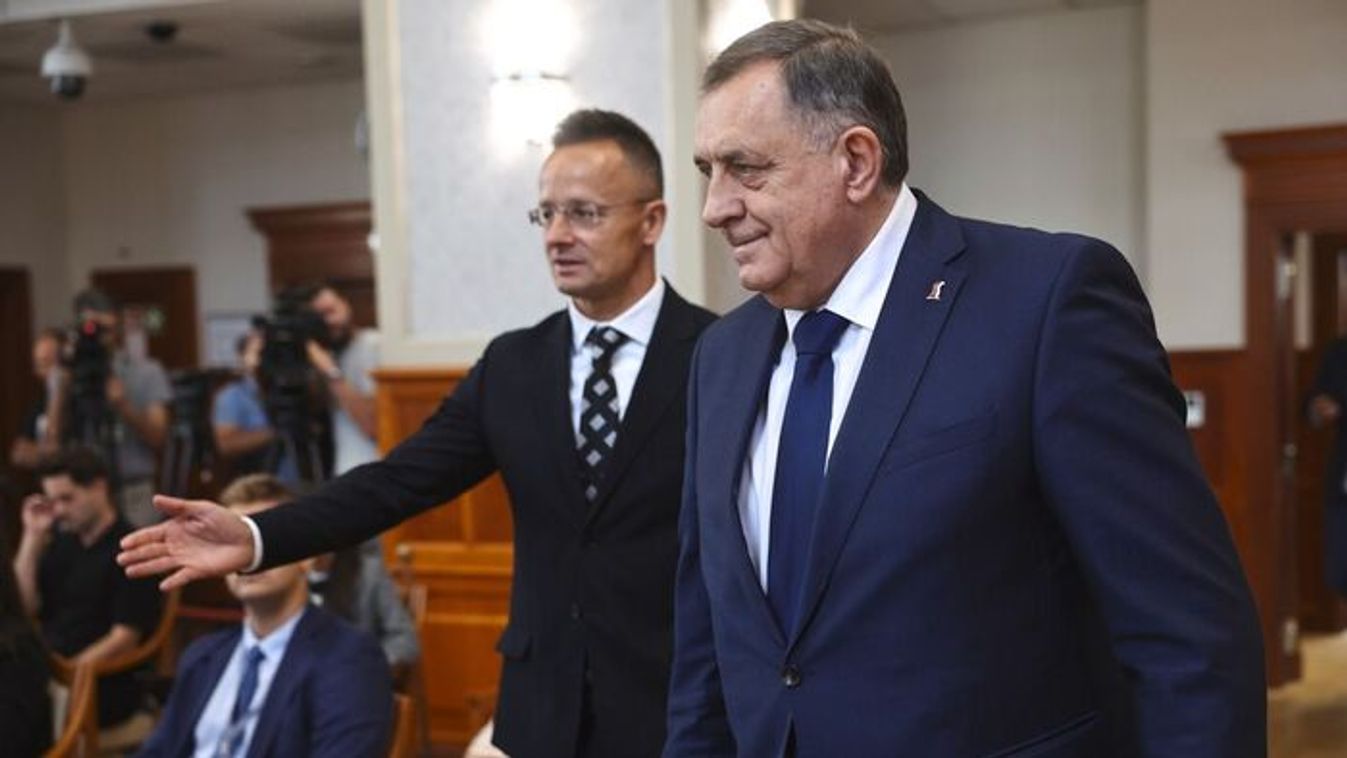
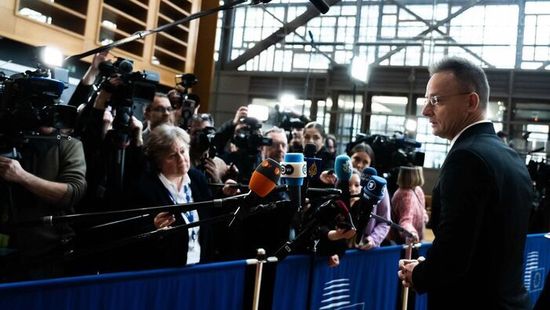
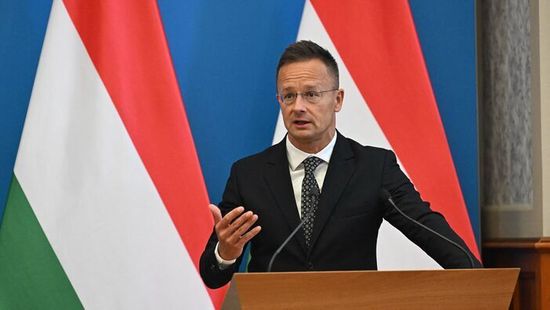



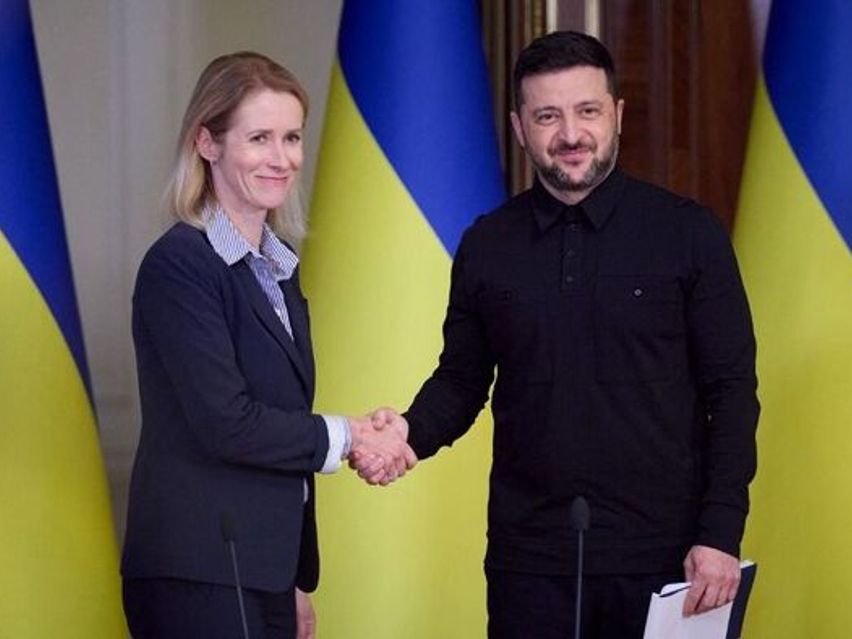
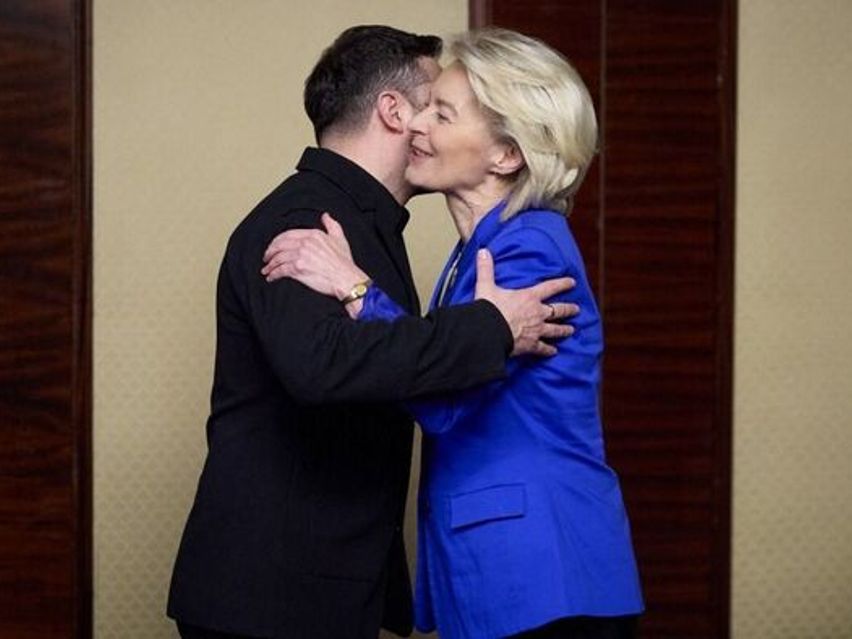
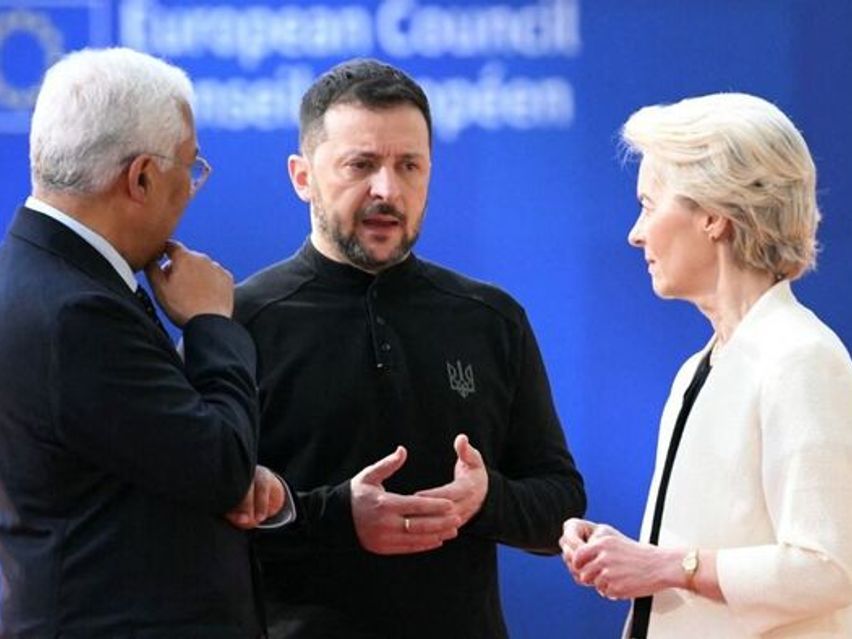
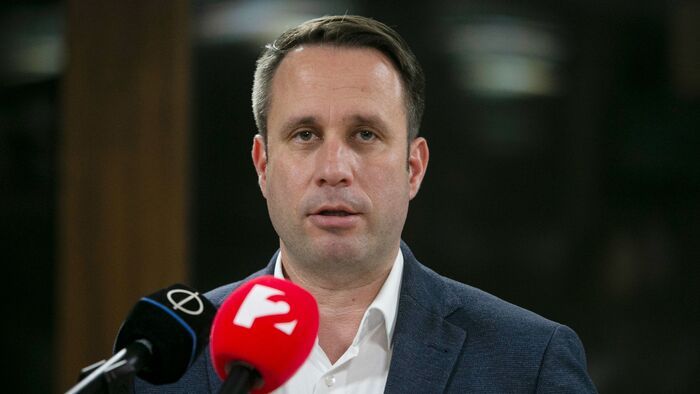

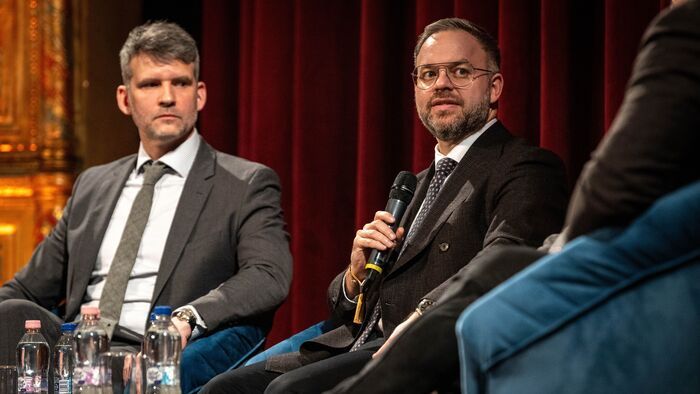

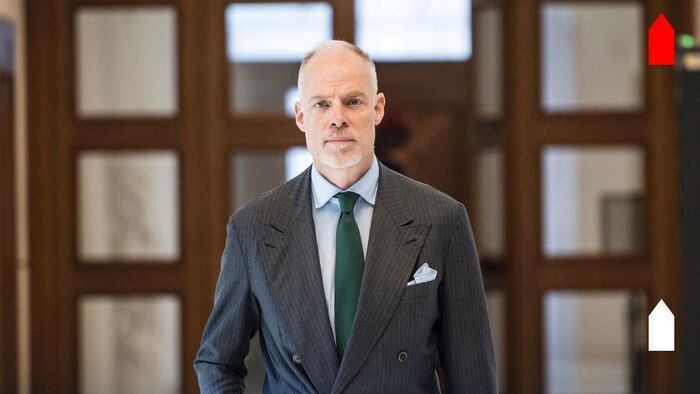

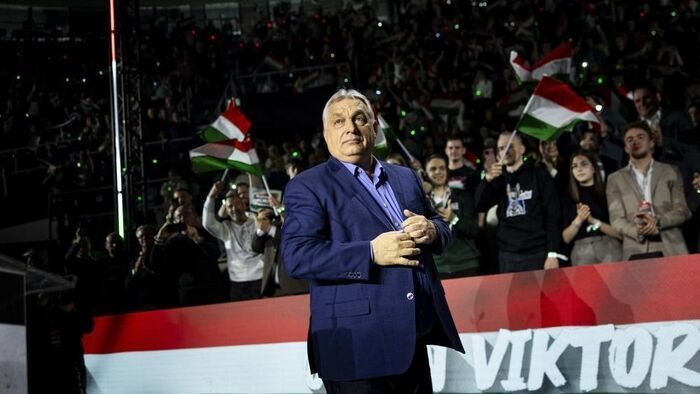
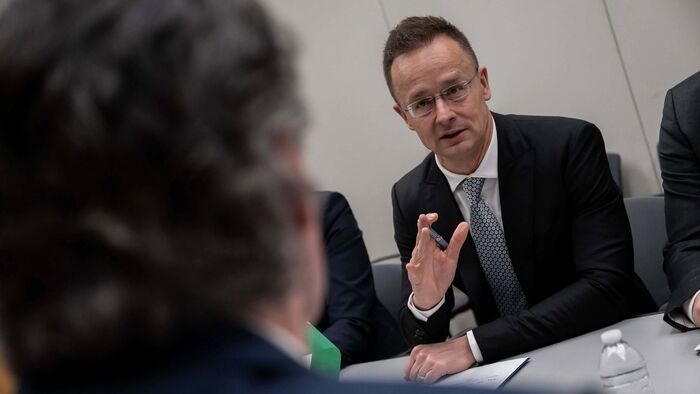
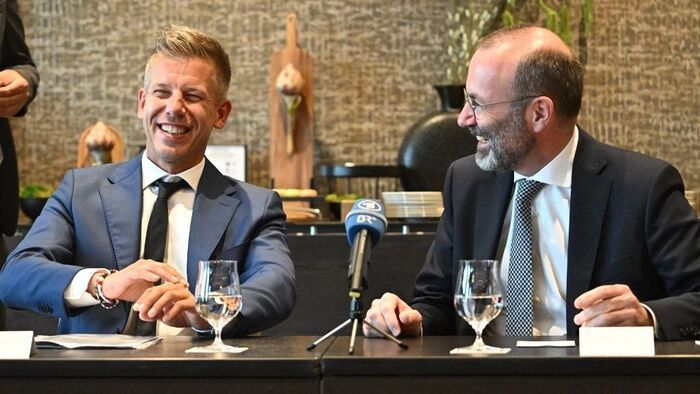





Szóljon hozzá!
Jelenleg csak a hozzászólások egy kis részét látja. Hozzászóláshoz és a további kommentek megtekintéséhez lépjen be, vagy regisztráljon!